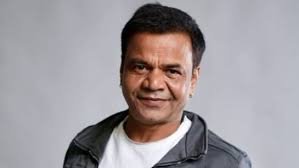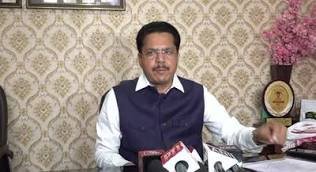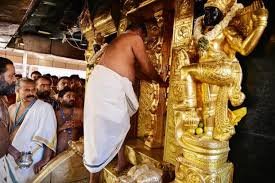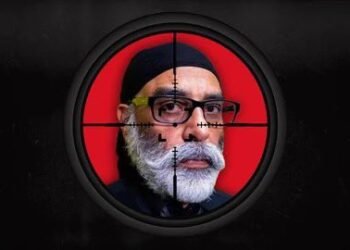Diplomatic divide deepens: US Secretary of State Marco Rubio urges dialogue, but India dismisses calls for de-escalation, citing public anger and national resolve.
BY PC Bureau
Despite diplomatic pressure from the United States, the Modi government remains firm on pursuing a military response against Pakistan following the April 28 Pahalgam terror attack that killed 26 tourists. With widespread public outrage and a rare political consensus to deliver a decisive message to Pakistan, India is unlikely to yield to Washington’s calls for de-escalation.
US Secretary of State Marco Rubio, in a phone conversation with External Affairs Minister S. Jaishankar, urged India to engage with Pakistan to lower tensions. However, Jaishankar made no mention of this appeal in his public remarks. Instead, in a post on X (formerly Twitter), he reiterated India’s position: “The perpetrators, backers and planners of the Pahalgam terrorist attack must be brought to justice.”
Discussed the Pahalgam terrorist attack with US @SecRubio yesterday. Its perpetrators, backers and planners must be brought to justice.
— Dr. S. Jaishankar (@DrSJaishankar) May 1, 2025
Rubio conveyed a similar message to Pakistan Prime Minister Shahbaz Sharif, encouraging Islamabad to reestablish direct communication with New Delhi, according to a US State Department readout issued Thursday.
At a press briefing on Tuesday, US State Department spokesperson Tammy Bruce was asked about the US response to Pakistani Defence Minister Khawaja Asif’s recent admission. Her reply was notably cautious.
“The Secretary of State will speak with the foreign ministers of both countries. We’re monitoring developments closely across the region and remain in touch with both governments at multiple levels,” Bruce said. “We are encouraging all parties to work toward a responsible resolution. The world is watching. Beyond that, I have no further details to share.”
India-Pakistan diplomatic engagement has been on hold since the 2016 Pathankot airbase terror attack. While India had then allowed a Pakistani investigative team access to the site, the promised findings were never shared, leading to a breakdown in trust. Since the Pahalgam attack, New Delhi has actively engaged with other non-permanent members of the United Nations Security Council—but notably not with Pakistan, despite its current UNSC membership.
Pakistan is reportedly lobbying for an “impartial investigation” into the Pahalgam incident, similar to its approach after Pathankot. But Indian officials say that proposition is a non-starter, citing Pakistan’s past failure to act transparently or follow through on cooperation commitments.













